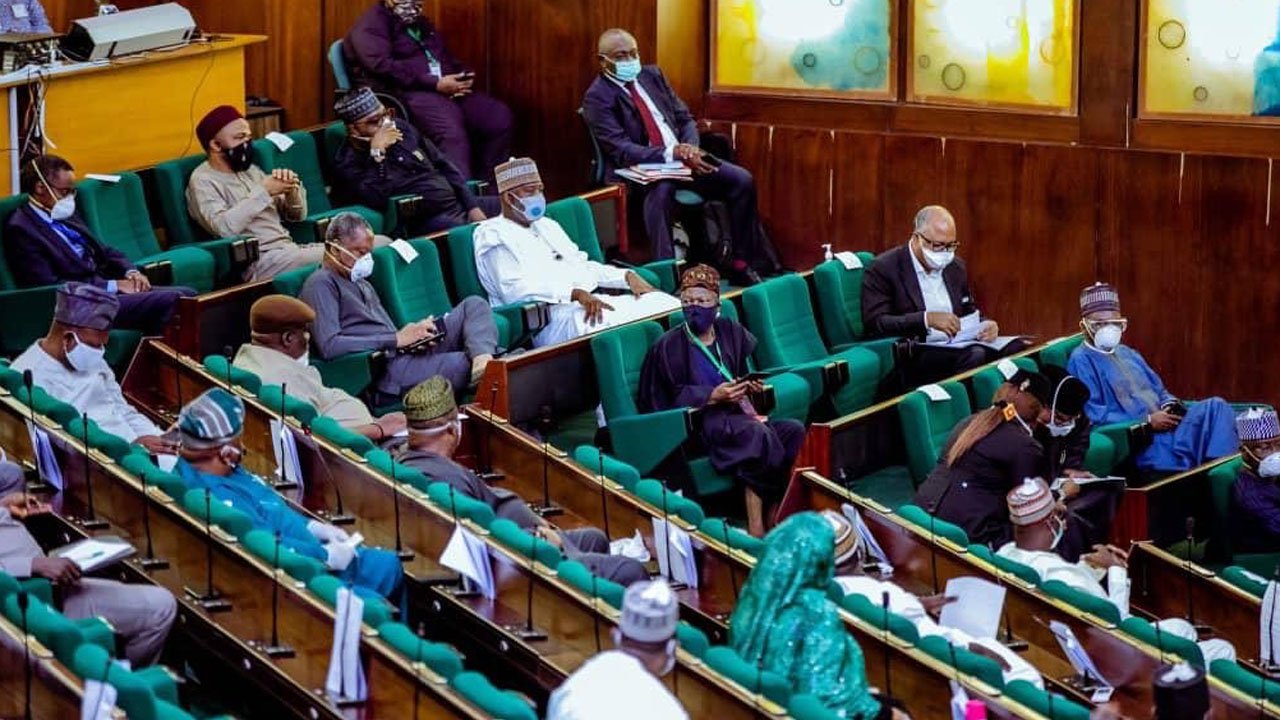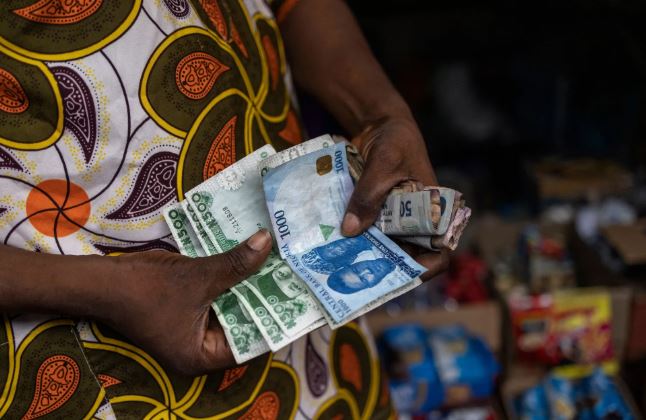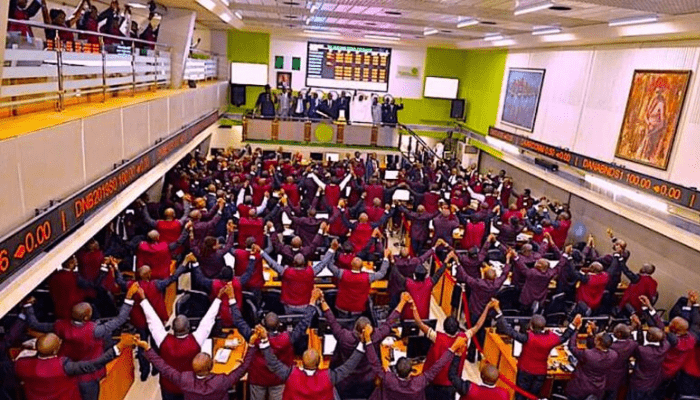
The House of Representatives has made a request to the Central Bank of Nigeria (CBN) to temporarily suspend the implementation of the directive instructing banks to collect and verify customers’ social media handles. This decision was reached during the plenary session on Tuesday following the approval of a motion sponsored by nine lawmakers.
The motion was passed for several reasons. As reported by Nairametrics, in June, the CBN issued guidelines stating that the purpose of this regulation, which is part of banks’ know-your-customer (KYC) procedures, is to combat financial crimes and terrorism while enhancing the accuracy and comprehensiveness of customer identification. The CBN explained that the policy aimed to enable financial institutions to gather information about customers’ online presence and activities to better assess potential risks associated with money laundering, terrorism financing, and proliferation financing.
This statement was released by the CBN as part of its Customer Due Diligence Regulations 2023 for financial institutions under its supervision, as a firm stance against financial crimes. Furthermore, this policy was intended to demonstrate the CBN’s commitment to keeping pace with technological advancements and evolving risks in the financial sector.
During the debate on the motion, Representative Kelechi Nwogu from Rivers raised concerns about the policy violating privacy rights, as protected by Section 37 of the constitution. While acknowledging the merit of the directive, he argued that it was unnecessary, as financial institutions already possess sufficient customer identification measures such as names, telephone numbers, passport photographs, emails, national identification numbers (NIN), biometric verification numbers (BVN), utility bills, and other essential requirements.
The lawmaker also suggested that more effective methods for monitoring money laundering and terrorism financing exist, such as leveraging the Nigeria Police Force (NPF), Nigeria Financial Intelligence Unit (NFIU), the Economic and Financial Crimes Commission (EFCC), intelligence agencies, and crime tracking agencies.
Representative Nwogu further emphasized that the policy could potentially exclude semi-illiterate business people, particularly those living in rural areas or villages, who do not have social media handles. He expressed concerns about the “untold hardships” that millions of Nigerians could face, including illiterate or semi-literate business owners, traders, and entrepreneurs, who would be compelled or systematically excluded from formal banking systems if the policy were implemented.
In conclusion, Representative Nwogu called for a reevaluation and temporary suspension of the Central Bank of Nigeria’s directive to alleviate the hardships faced by Nigerians. The motion was unanimously adopted by Speaker Tajudeen Abbas and the House of Representatives.






